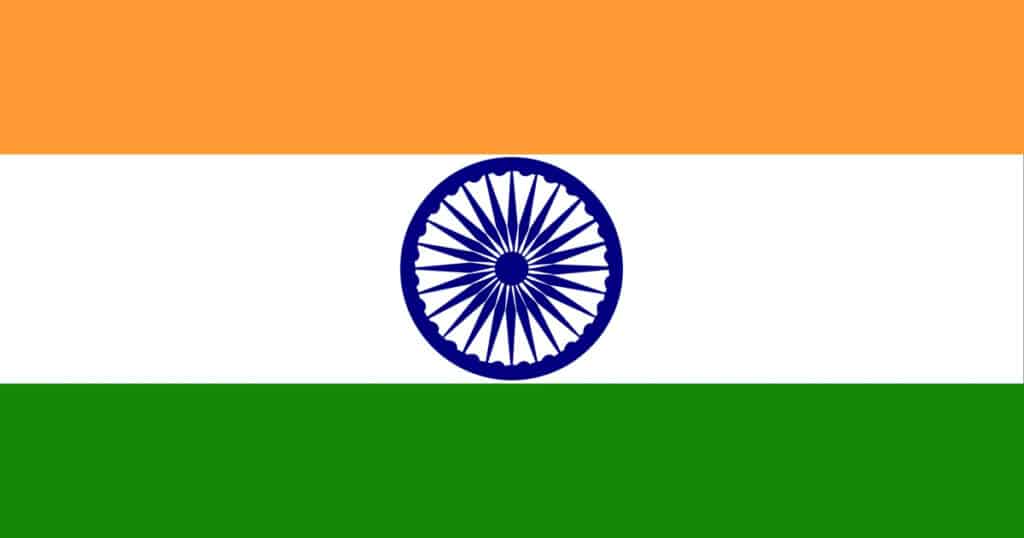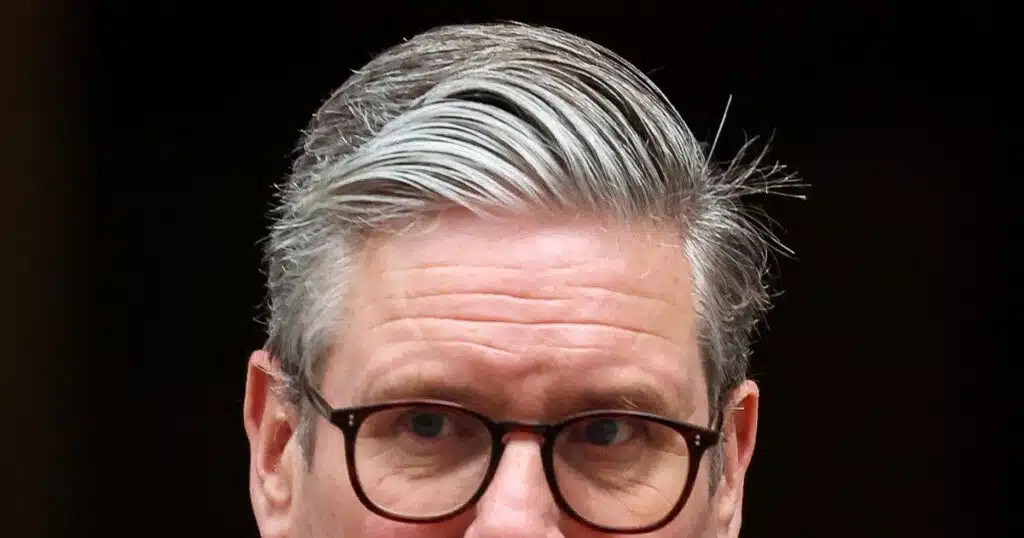
Trump’s Cancelled QUAD Visit
Fallout of India’s Rapprochement Gamble with China?
U.S. President Donald Trump canceled his visit to India to attend the QUAD Summit amidst the ongoing tensions between the two countries, exacerbated by President Trump’s heightened tariffs on Indian imports to a massive 50%. Despite previous warnings issued by the Trump administration, New Delhi consistently disregarded U.S. demands, widening the friction between the two nations. The relationship was further strained by Prime Minister Modi’s visit to China after 7 years to attend the 2-day SCO summit. The Trump administration perceives this visit as India’s attempt at rapprochement with China and seeking an alternative to the U.S., thus further aggravating the mistrust.
President Trump repeatedly denounced India as facilitating the Russian offensive in Ukraine by procuring cheap Russian oil. Despite his continuous warning, India refrained from suspending the purchase of Russian oil, resulting in the enforcement of 50% tariffs. President Trump views India’s defiance as an obstacle to his plan on ending the Russia-Ukraine war, possibly foreseeing a Nobel Prize as the great peacemaker. However, Trump’s futile efforts at concluding the war exacerbate Trump’s frustration with India, as India’s lack of cooperation hampers Trump’s aspiration to conclude the war.
The Trump administration expected India’s cooperation by acceding to his demands, as the U.S. has been the largest economic and strategic partner of India. Despite the decades-long strategic partnership, the Trump administration failed to accrue India’s diplomatic and strategic assistance over the Ukraine War. On the contrary, India rebutted American demands, opting to continue the procurement of Russian oil. Indian Minister of External Affairs Jaishankar expressed his viewpoint on buying Russian oil, asserting that this is the best deal on the table for India.
In order to counter the U.S. tariff pressure, the Modi government has sought rapprochement with China. The visit of the Indian External Affairs Minister to China, followed by the visit of the Chinese Foreign Minister to India, reinstated diplomatic visits between the two countries whose relations had been contentious after multiple border conflicts. However, the biggest development in India-China relations has been the visit of Prime Minister Narendra Modi to attend the SCO Summit in Tianjin, China, after 7 years. The two leaders reaffirmed their commitment to strengthening bilateral ties and resolving the longstanding border issues, calling each other developing partners rather than rivals.
This visit by Prime Minister Modi highlights a growing affinity in Indian policy circles for China. This growing interest in conciliation with China carries little strategic incentive, as this approach appears to be a calculated policy to seek an alternative to the U.S.. However, this rapprochement policy is muddled in uncertainty, as decades of mistrust, strategic divergences and border confrontations cannot be mitigated by this hurried reconciliation. Even though President Xi and Prime Minister Modi have expressed their intentions to strengthen the relations, the future of this hasty diplomatic arrangement appears bleak.
Capitalizing on the meeting with President Xi during the SCO Summit, with an apparent hope of China as an alternative to the U.S., India might extend its Look East Policy by enhancing its role in BRICS and reviving the RIC (Russia-India-China) alliance. This approach, however, will further invite Trump’s displeasure, who has already warned against any attempt at endangering the hegemony of the U.S. dollar through a common BRICS currency. Given the significance of the U.S. dollar to the American hegemony, Donald Trump will not dismiss growing Indian involvement in non-Western blocs and alliances, including SCO, BRICS and RIC.
The immediate fallout of Modi’s rapprochement with China and Look East Policy is already evident with President Trump’s cancellation of India’s visit to attend the QUAD Summit. The Trump administration aims to pressure India by limiting the U.S. interaction with alliances involving India. QUAD has become fragile and risks unravelment if President Trump takes the U.S. hand from the table. QUAD, which was formed to contain China, appears to be imploding in the wake of a growing U.S.-India rift. For India to return to the U.S.’s good graces and salvage QUAD, Modi has no option but to accept the U.S. demands, which would lead to damaging his image as a strongman.
The fact that India is continuously buying Russian oil and armament has compelled the Trump administration to influence the European allies to impose similar tariffs on India. The EU has already imposed sanctions on the Nayara Energy refinery, which has led Saudi Arabia’s Aramco and Iraq’s SOMO to halt their supply of crude oil to India, leading to the loss of 30% operating capacity for the largest refinery in India. This adds to the loss of USD 37 billion to the Indian economy post 50% tariffs.
Since the tariff has come into effect, India has been looking for outlets to compensate for the potential loss to its economy. Thus, in the quest to thwart U.S. intervention, India has sought reconciliation with China, which sees India as a stepping stone in limiting U.S. hegemony. However, President Trump is exerting U.S. influence on India by canceling his trip to India for the QUAD summit. Once hailed as a friend of India, a personal friend of Modi, President Trump has become Modi’s greatest fear and has forced Modi’s hand to gamble with alternative policies and alliances with an uncertain future.
Hamza Zaman: Hamza Zaman holds an M.Phil. degree in International Relations from Quaid-i-Azam University, Islamabad, Pakistan. He works as an Assistant Research Associate at the Islamabad Policy Research Institute, Pakistan.
Muhammad Salman Tariq: Muhammad Salman Tariq is an alumnus of the National Defense University, Islamabad, where he did bachelors in Peace and Conflict Studies. He is an Assistant Research Associate at the Islamabad Policy Research Institute, Pakistan.
This article was originally published by RealClearDefense and made available via RealClearWire.



